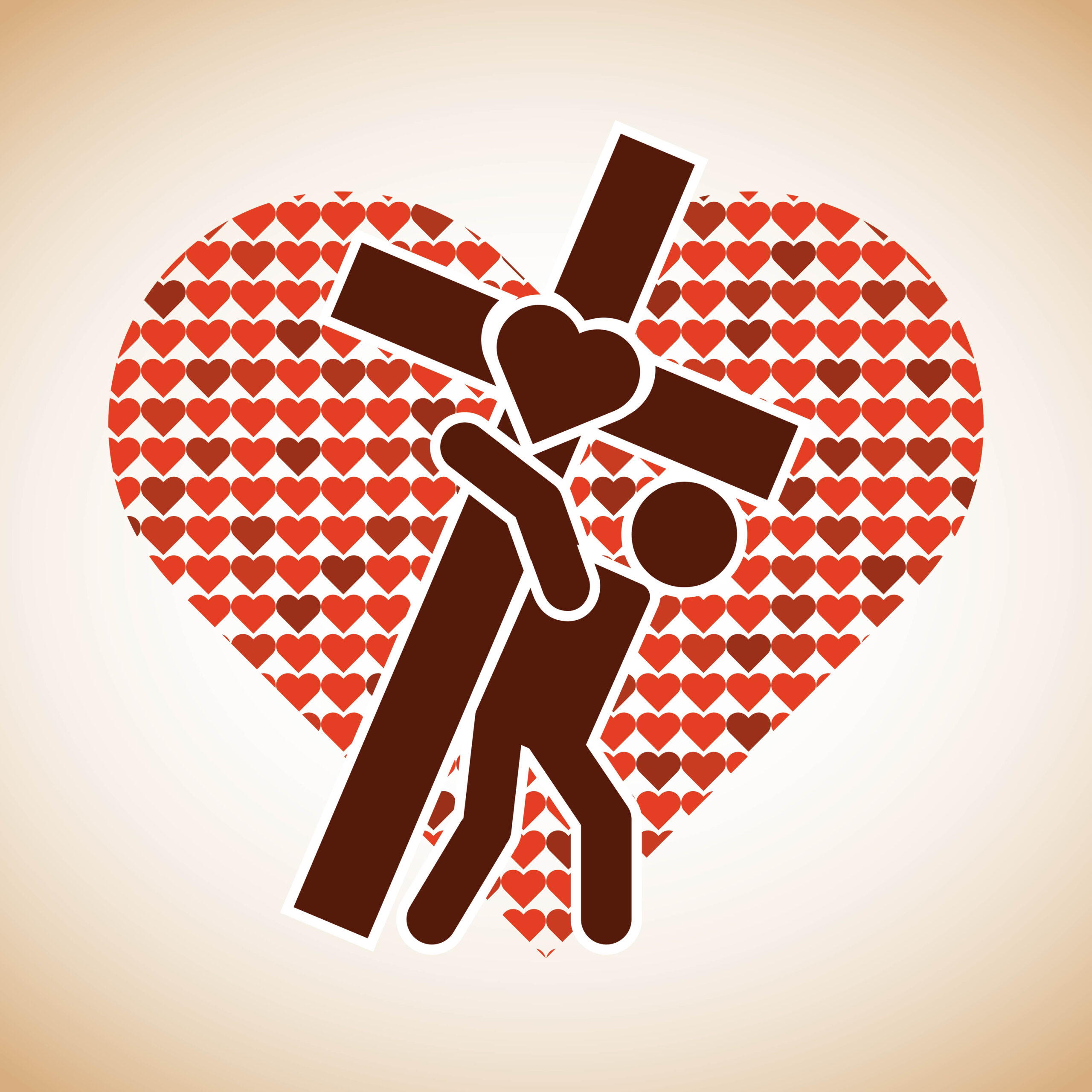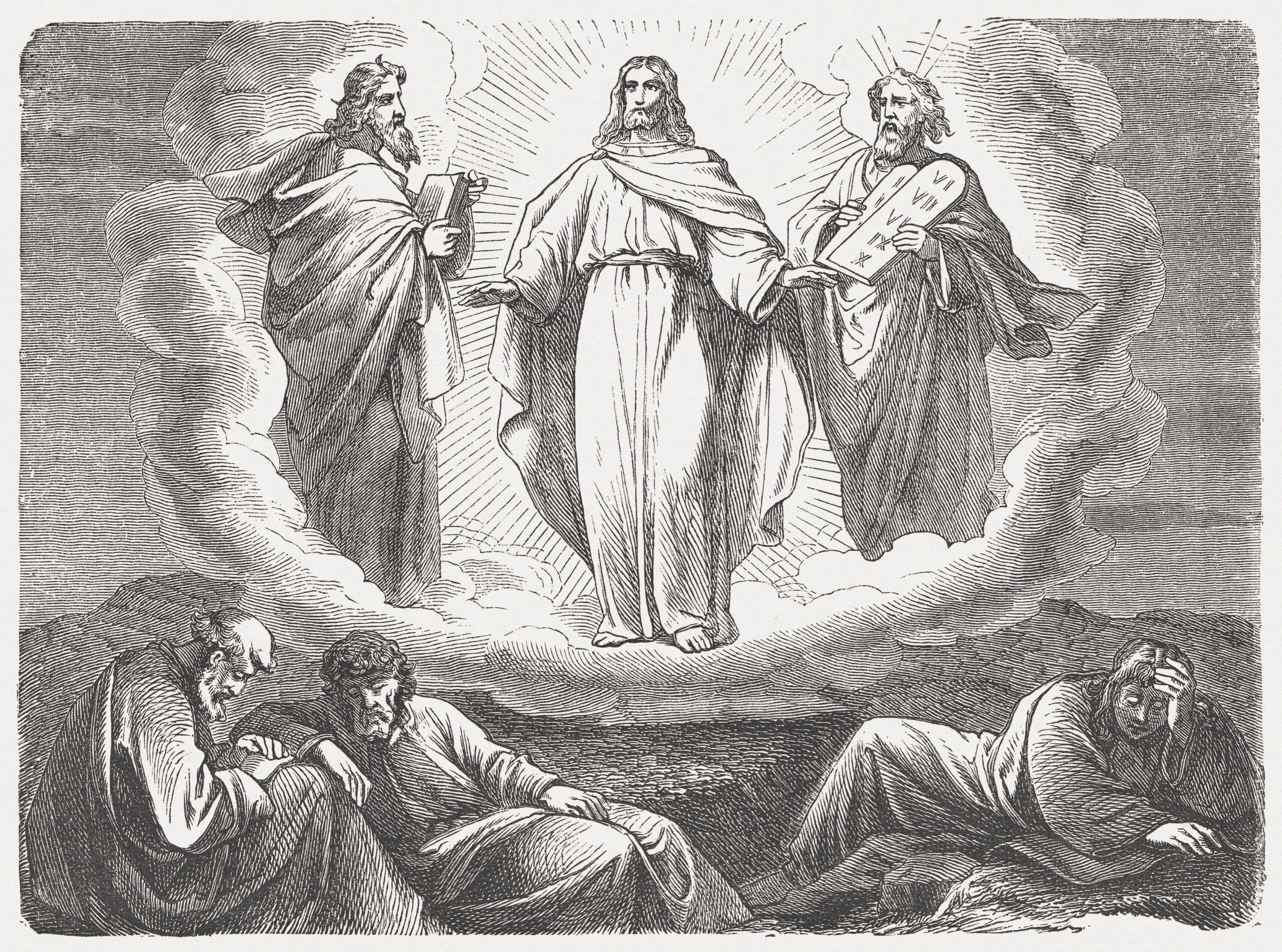In today’s gospel, we see a man asking Jesus what he needs to do to gain eternal life. Surprisingly, we don’t hear the ‘Grace Alone’ response of “Nothing at all! I’ll do it all for you, for my grace is sufficient”, but a rather simple response: “Keep the commandments”. “Which ones?” the man asks, in what seems like a silly, dodging kind of question, since we would presume all of them! Jesus specifies many of the original ten commandments, which if the man keeps, he will “enter into LIFE”. Again the man interjects “But I’ve done all that! What else?”. You or I might be happy at this point, knowing that we’ve done all that we have to do for eternal life itself! But the man isn’t satisfied, continuing his quite strange responses to Jesus. “Well if you want to be PERFECT, give away everything you have to the poor, and follow me”. At this, the man left, and was too sad about the prospect of losing all of his possessions.
So what happened here? Was this man’s heart in the right place? Do all of us need to surrender literally everything we have? And what can you and I learn from this encounter? Here are three points that I gleaned from today’s reading.
- Jesus’ first response to the man was “Why do you ask me about the good? There is only One who is good”. I think this is an important primer for what we believe about eternal life and grace: God is Good, Goodness itself. Man, on his own and apart from God, is not good BECAUSE of our fallen state (although we were originally created good). So when this man asked what “good” he could do, Jesus made sure to clarify “anything good in you, and any good that you can do, comes from God alone”.
- After Jesus clarifies the role of grace, he clarifies what we need to do: Following the Commandments leads to eternal life. This is not us “earning salvation with our own works”. A relationship with God is truly what saves us: but am I really your friend (or in a good relationship at all) if I constantly disrespect you, ignore you, etc? Following the commandments is what assures us that we are right with God. Aside from that, God truly is Ruler over all, and He wants us to follow his commandments, which he made ultimately for our benefit! And when we fall short, we always have a space to lean into His mercy, which He truly desires to give us.
- The third point is this: Sacrifice leads to perfection. Beyond living rightly and running the race, we can only give up everything we have and serve radically. I immediately think of the religious orders in our Church, which Lumen Gentium from the Second Vatican Council calls the “perfect” state of life. We aren’t all called to this kind of perfection, as many of us are laity in the Church. But we all still can receive eternal life, and are called to live a life of following the Lord. The benefits of this kind of perfection are, as Jesus says in the reading, building up “treasure in heaven”.
Ultimately this reading also shows us that true wealth comes not in treasure stored on the earth, but in sharing what we have with others. A friend of mine who leads a ministry often says “Brendan, I’m a rich man” because of the incredible community that we have (due in part to his own giving of himself). We can sometimes say we want to follow Jesus, but bring all these things in tow with us. And when he asks us to surrender them, we walk away sad, focusing our eyes on our possessions and not on Him. It’s important to remember that surrender does not mean death or loss of everything. It means we very well may get all those things back (now that Jesus is Lord over them), and potentially more! And it means we very likely will get a greater reward in heaven.
Songs for reflection:
I Surrender by Hillsong Worship
Here’s my Heart by Chris Tomlin
I Shall Not Want by Audrey Assad
Lay it Down by Matt Maher
Goodness of God by Bethel
Yes I Will by Vertical Worship
 Brendan is just your average Millennial hipster: He likes playing guitar, throwing frisbees, sipping whiskey, and grooming his beard. But he also has a passion for walking with teens and young Christ-followers, hearing every person’s story, and waking up the Church. Brendan works at Holy Trinity Catholic Church in Lenexa, Kansas (near Kansas City) as a Youth Music Minister, fusing together his two loves of sharing Christ and sharing the power and need for good and beautiful contemporary praise. https://www.instagram.com/brendanbeardo/
Brendan is just your average Millennial hipster: He likes playing guitar, throwing frisbees, sipping whiskey, and grooming his beard. But he also has a passion for walking with teens and young Christ-followers, hearing every person’s story, and waking up the Church. Brendan works at Holy Trinity Catholic Church in Lenexa, Kansas (near Kansas City) as a Youth Music Minister, fusing together his two loves of sharing Christ and sharing the power and need for good and beautiful contemporary praise. https://www.instagram.com/brendanbeardo/



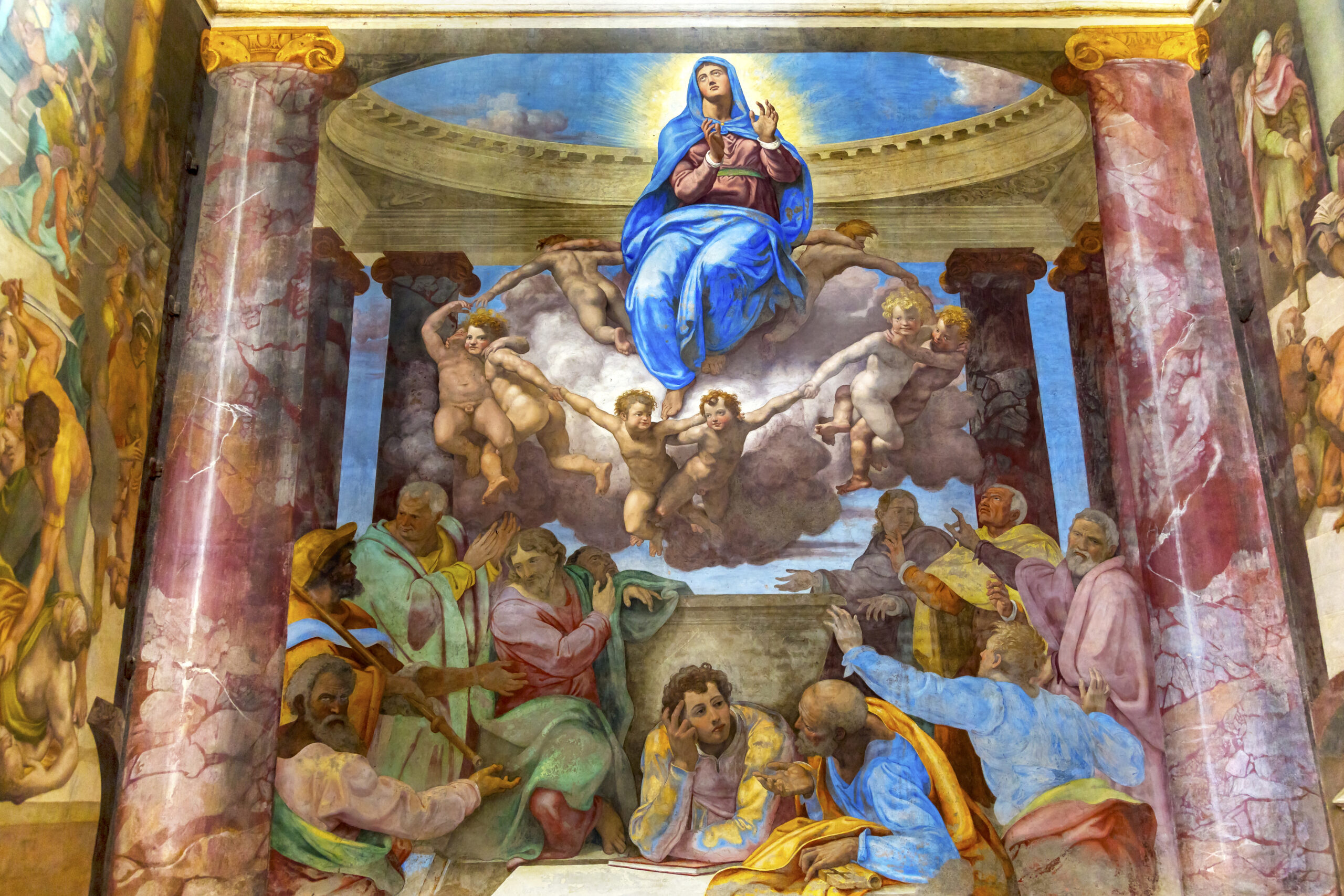


 Briana is the Pastoral Minister at St. Mark Church in Cleveland, OH. She received her Bachelor of Arts in Theology and Catechetics from the Franciscan University of Steubenville, OH and is excited to use these skills to serve the Church.
Briana is the Pastoral Minister at St. Mark Church in Cleveland, OH. She received her Bachelor of Arts in Theology and Catechetics from the Franciscan University of Steubenville, OH and is excited to use these skills to serve the Church.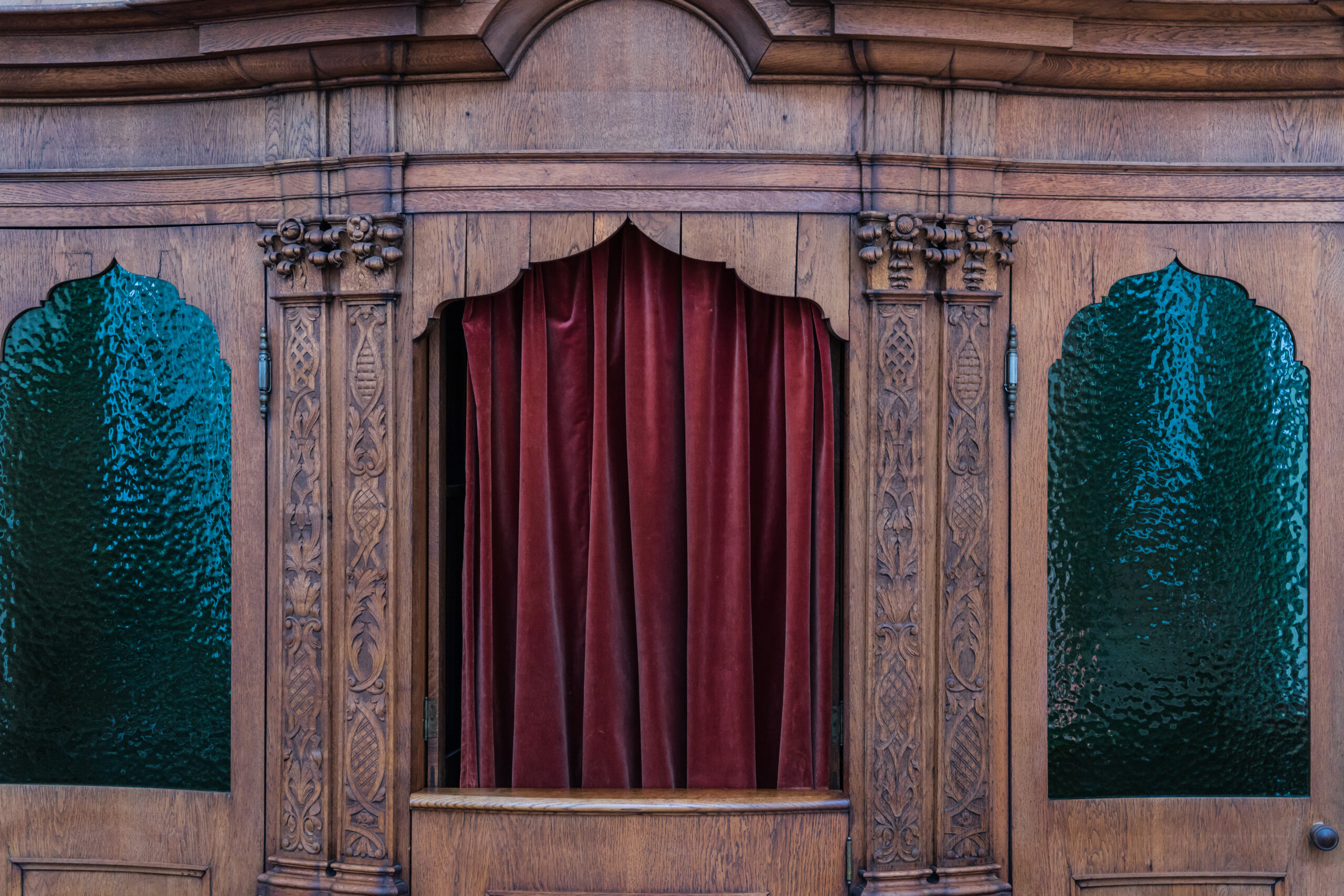
 Tommy Shultz is Director of Evangelization for the North Allegan Catholic Collaborative and the founder of Rodzinka Ministries. In these roles, he is committed to bringing all those he meets into a deeper relationship with Christ. Tommy has a heart and a flair for inspiring people to live their faith every day. He has worked in various youth ministry, adult ministry, and diocesan roles. He has been a featured speaker at retreats and events across the country. His mission and drive have been especially inspired by St. John Paul II’s teachings. Tommy is blessed to be able to learn from the numerous parishes he visits and pass that experience on in his presentations. With a degree in Theology from Franciscan University, Tommy hopes to use his knowledge to help all people understand the beauty of The Faith.
Tommy Shultz is Director of Evangelization for the North Allegan Catholic Collaborative and the founder of Rodzinka Ministries. In these roles, he is committed to bringing all those he meets into a deeper relationship with Christ. Tommy has a heart and a flair for inspiring people to live their faith every day. He has worked in various youth ministry, adult ministry, and diocesan roles. He has been a featured speaker at retreats and events across the country. His mission and drive have been especially inspired by St. John Paul II’s teachings. Tommy is blessed to be able to learn from the numerous parishes he visits and pass that experience on in his presentations. With a degree in Theology from Franciscan University, Tommy hopes to use his knowledge to help all people understand the beauty of The Faith.
 Kathryn Mulderink, MA, is married to Robert, Station Manager for Holy Family Radio. Together they have seven children (including newly ordained Father Rob and seminarian Luke ;-), and two grandchildren. She is a Secular Discalced Carmelite and has published five books and many articles. Over the last 25 years, she has worked as a teacher, headmistress, catechist, Pastoral Associate, and DRE. Currently, she serves the Church as a writer and voice talent for Catholic Radio, by publishing and speaking, and by collaborating with the diocesan Office of Catechesis, various parishes, and other ministries to lead others to encounter Christ and engage their faith. Her website is
Kathryn Mulderink, MA, is married to Robert, Station Manager for Holy Family Radio. Together they have seven children (including newly ordained Father Rob and seminarian Luke ;-), and two grandchildren. She is a Secular Discalced Carmelite and has published five books and many articles. Over the last 25 years, she has worked as a teacher, headmistress, catechist, Pastoral Associate, and DRE. Currently, she serves the Church as a writer and voice talent for Catholic Radio, by publishing and speaking, and by collaborating with the diocesan Office of Catechesis, various parishes, and other ministries to lead others to encounter Christ and engage their faith. Her website is 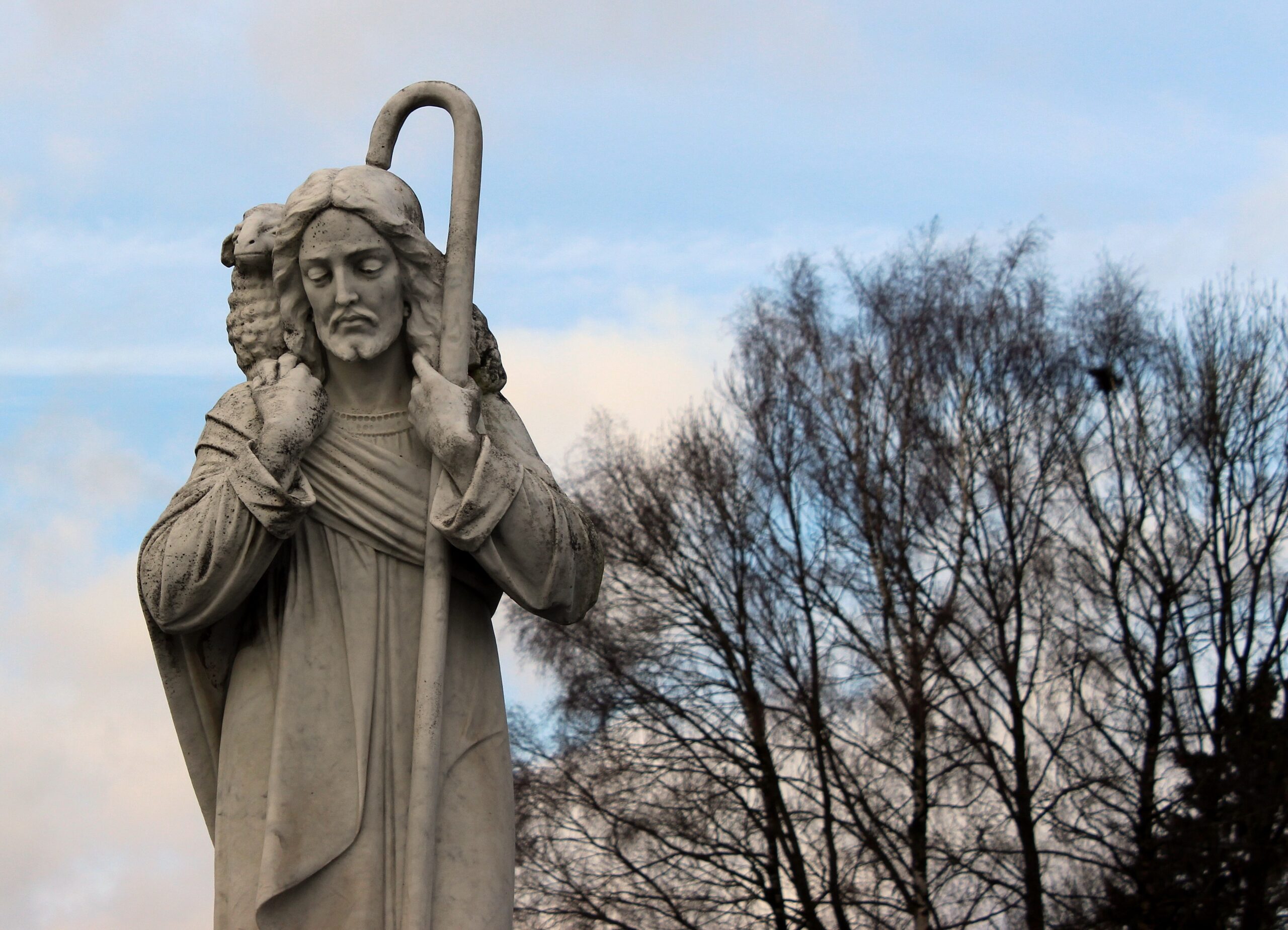
 Sarah Rose hails from Long Island and graduated from Franciscan University in 2016 with a Bachelor’s in Theology & Catechetics. She is happily married to her college sweetheart John Paul. They welcomed their first child, Judah Zion, in 2019. She is passionate about her big V-vocation: motherhood, and her little v-vocation: bringing people to encounter Christ through the true, the good, and the beautiful. She loves fictional novels, true crime podcasts/documentaries, the saints (especially Blessed Chiara Luce Badano), & sharing conversation over a good cup of coffee. She is currently the Coordinator of Young Adult Ministry at St. Cecilia Church in Oakley, Cincinnati. You can find out more about her ministry here:
Sarah Rose hails from Long Island and graduated from Franciscan University in 2016 with a Bachelor’s in Theology & Catechetics. She is happily married to her college sweetheart John Paul. They welcomed their first child, Judah Zion, in 2019. She is passionate about her big V-vocation: motherhood, and her little v-vocation: bringing people to encounter Christ through the true, the good, and the beautiful. She loves fictional novels, true crime podcasts/documentaries, the saints (especially Blessed Chiara Luce Badano), & sharing conversation over a good cup of coffee. She is currently the Coordinator of Young Adult Ministry at St. Cecilia Church in Oakley, Cincinnati. You can find out more about her ministry here: 


 Erin is a Cleveland native and graduate of the Franciscan University of Steubenville. Following graduation, she began volunteering in youth ministry at her home parish of Holy Family Church. Her first “big girl” job was in collegiate sports information where, after a busy two years in the profession on top of serving the youth, she took a leap of faith and followed the Lord’s call to full-time youth ministry at St. Peter Church. She still hopes to use her communication arts degree as a freelance writer and statistician, though. You can catch her on the Clarence & Peter Podcast on YouTube as well as follow her on Twitter @erinmadden2016.
Erin is a Cleveland native and graduate of the Franciscan University of Steubenville. Following graduation, she began volunteering in youth ministry at her home parish of Holy Family Church. Her first “big girl” job was in collegiate sports information where, after a busy two years in the profession on top of serving the youth, she took a leap of faith and followed the Lord’s call to full-time youth ministry at St. Peter Church. She still hopes to use her communication arts degree as a freelance writer and statistician, though. You can catch her on the Clarence & Peter Podcast on YouTube as well as follow her on Twitter @erinmadden2016.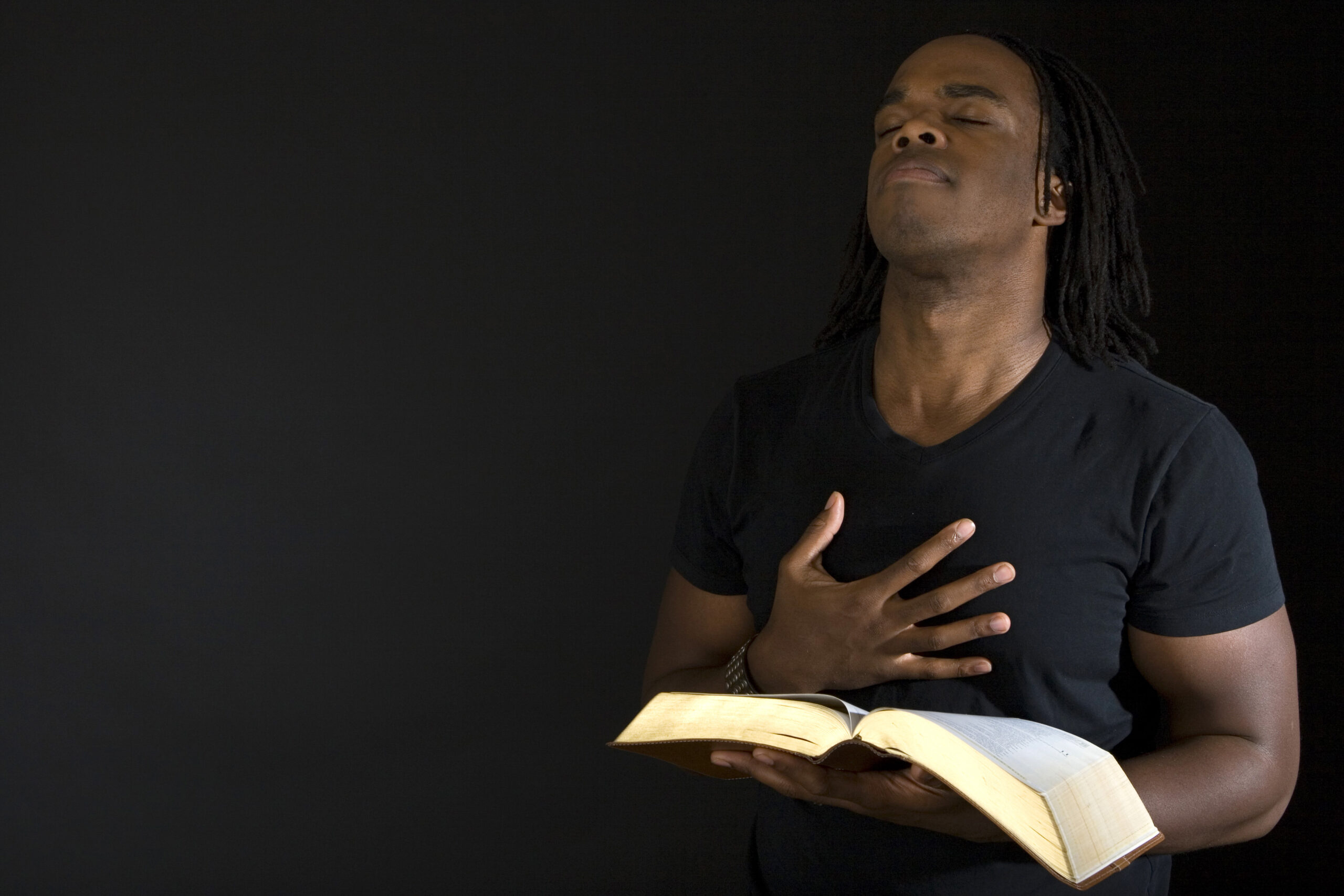
 Veronica Alvarado is a born and raised Texan currently living in Michigan. Since graduating from Texas A&M University, Veronica has published various articles in the Catholic Diocese of Austin’s official newspaper, the Catholic Spirit, and other local publications. She now works as the Content Specialist in Diocesan’s Web Department.
Veronica Alvarado is a born and raised Texan currently living in Michigan. Since graduating from Texas A&M University, Veronica has published various articles in the Catholic Diocese of Austin’s official newspaper, the Catholic Spirit, and other local publications. She now works as the Content Specialist in Diocesan’s Web Department.